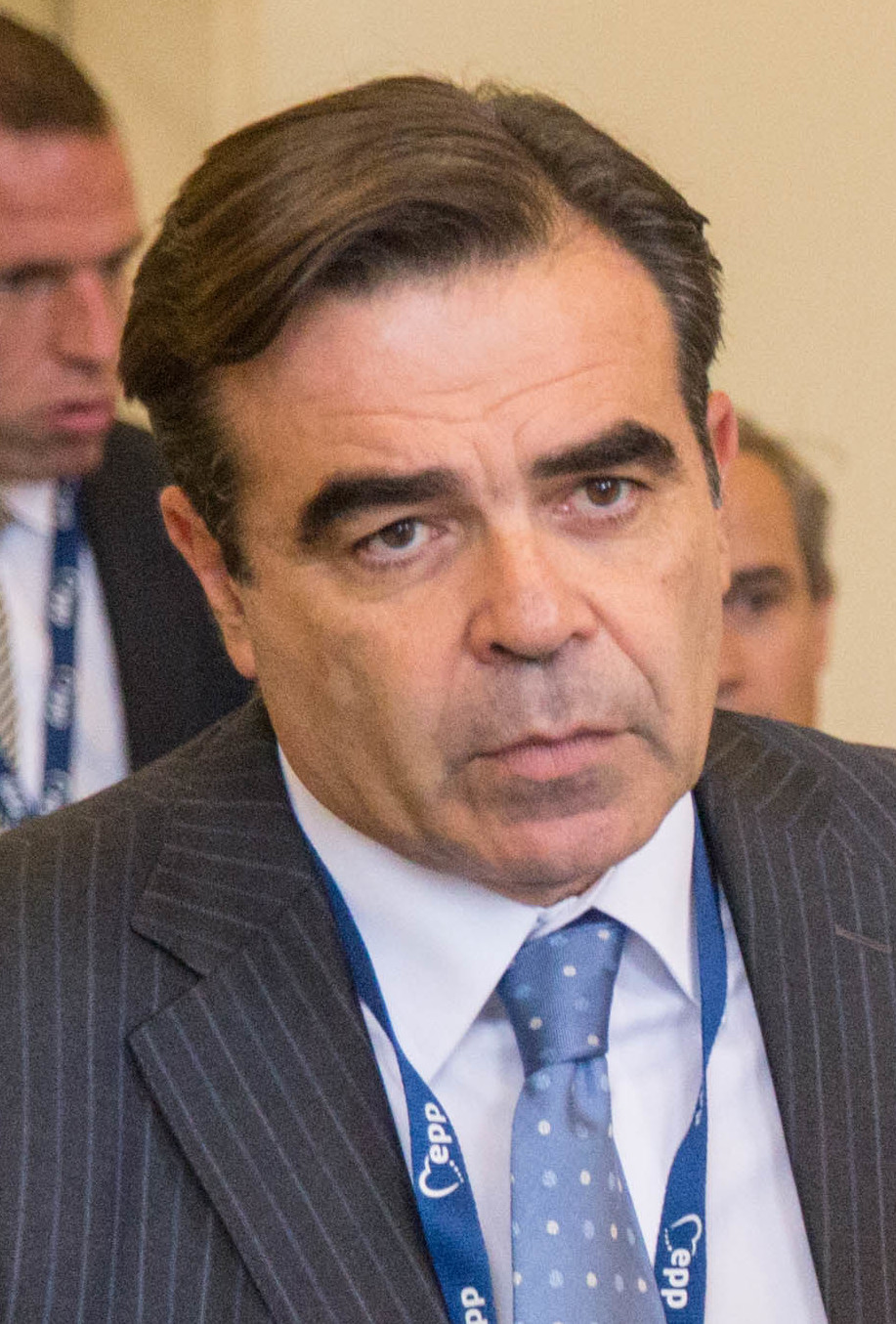By UME
Brussels bureaucrats seem certain of a radical shift to the left in elections in Europe’s largest member states, and then it’s time to introduce mandatory migrant quotas, writes Daniel Deme for Remix News.
European Commission Vice-President Margaritis Schinas has announced that member states are expected to reach a final agreement on the EU Pact on Migration and Asylum presented a year ago. He said: “We are close to the elections in Germany, and soon after that we will have a months-long process of forming a government, which essentially coincides with the election campaign for the French presidential elections.”
The Commissioner believes that “immediately after the French elections, we will enter into a very rapid process of rapprochement and final agreement.” According to Schinas, “the time, the political momentum for this agreement is now.”
Schinas called anyone who opposes the pact “anti-European” and claimed that the far-right only wants borders and the left wants no borders at all. Essentially, the Commissioner sees the migration pact as the sensible middle ground in dealing with illegal border crossings, with “the right mix of border control and protection, but also humanity and asylum”.
But is he really?
Denmark recently introduced new legislation that forces migrants to apply for asylum either in the first safe country they reach or in their country of origin. Denmark also plans to set up asylum centres in third countries where all those seeking the protection of the Danish state will have to wait for the authorities to decide on their application. Surprisingly, the legislation was proposed by the Danish Left Social Democrats, and its main argument was very similar to the Commissioner’s formulation on appropriate border controls and a humane treatment of those in need of protection. However, when asked about the Danish law, Schinas replied that Europe “cannot outsource its problems to others.”
So how could the Commission and the Danish Government – both of which claim to fight for secure borders while ensuring adequate care for those in need – find such a diametrically opposed solution?
The migration pact proposed by Schinas would process all asylum applications within EU borders and distribute applicants among member states while they wait for a decision. And although even under the eu’s liberal asylum system, some applications are undoubtedly rejected, there are currently no effective mechanisms and no viable legal system in Europe to force rejected asylum seekers and economic migrants to return to their country of origin. The number of illegal migrants sent back to their country of origin after a failed application process is negligible. Britain, for example, has not taken back a single migrant from the English Channel since illegal crossings from France began a few years ago.
Another notable detail in Schinas’ statement is his belief that the migration pact is gaining momentum right now and should be introduced in April. It is clear that Schinas believes that the election result in both France and Germany is already certain and that pro-EU, pro-migration parties will come to power that will accept Brussels’ position on the EU migration pact. Schinas is counting on the left’s victory in the Elections in France in April, but he probably also thinks that after the departure of Angela Merkel in Germany and a far-left SPD chancellor at the top, there will be no more moderating force that could prevent the Commission from turning the Central and Eastern European countries that are against migrant quotas. to force them to accept the pact against their will.
Should the coalition of leftists and right-wing extremists defeat Viktor Orbán’s Hungarian government in April 2022, the Commission would only have to deal with less vocal opponents of the pact.
Schinas also seems to be aware that the issue of migration is a hot potato in the upcoming elections, especially in France, where the vast majority of the population is against taking in more migrants. Any step taken by the EU to adopt the EU migration pact could be used in the upcoming national elections against the EU’s preferred election winners. French politician Marine Le Pen, for example, has spoken out strongly against the proposed migration pact, calling it a “suicide of Europe, which would allow 75 million more migrants to settle on the continent.” Schinas and the people of Brussels are waiting for the right time to adopt the pact – after the elections – and voters have little choice but to accept Brussels’ position on the matter.
By betting on a pan-European shift to the left, Schinas may know something about the outcome of a series of elections in THE EU member states, which gives him the confidence to anticipate the will of European nations. This has not escaped the attention of Hungarian Justice Minister Judit Varga, who said in her reaction that Schinas’ trust was a sign that disregard for citizens’ opinions and deliberate misleading of voters had become the new European value for the EU institutions.
Hungarian Prime Minister Viktor Orbán had also stated in relation to the proposed migration pact that the European Commission was trying in vain to package migrant quotas into a migration pact, as they would still only be migration quotas, a policy that the Hungarian government would vehemently reject.
Source: Remix News

